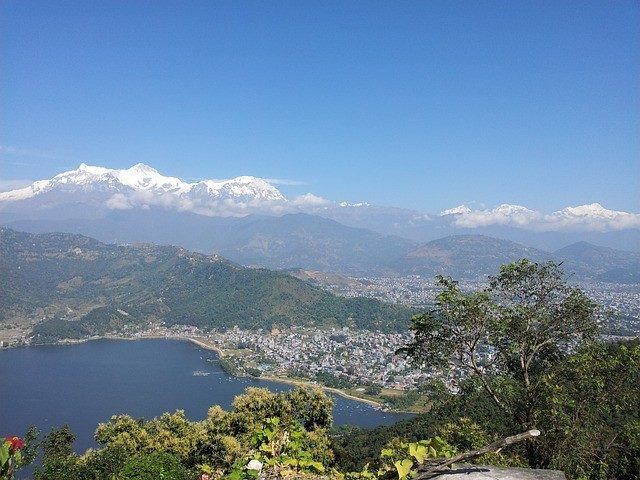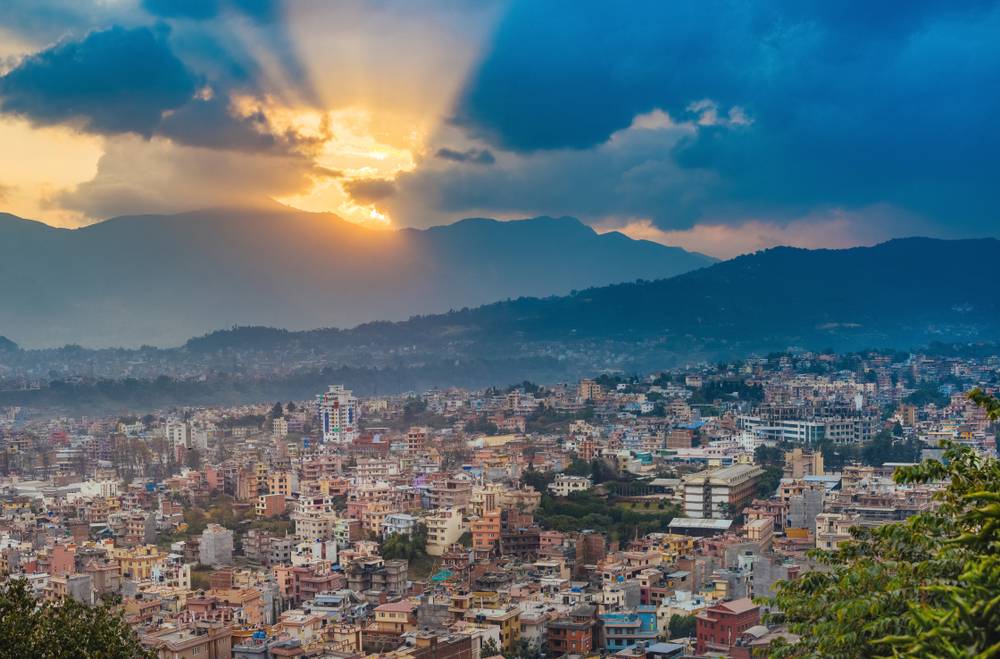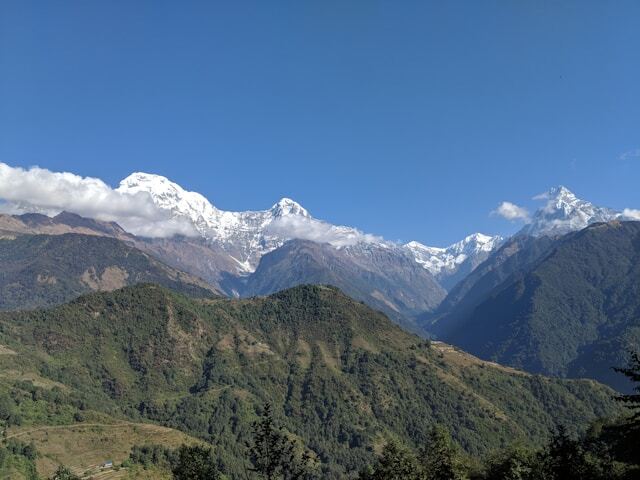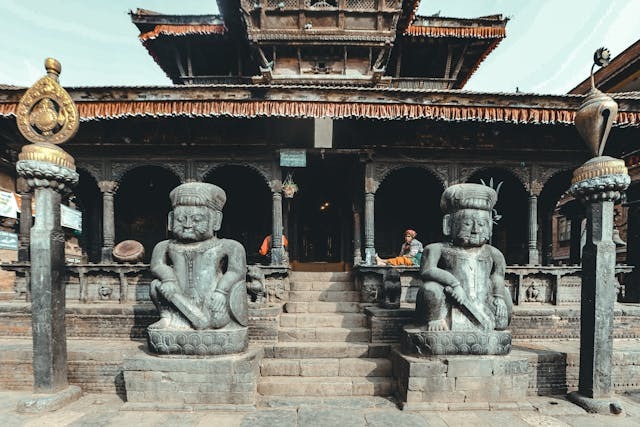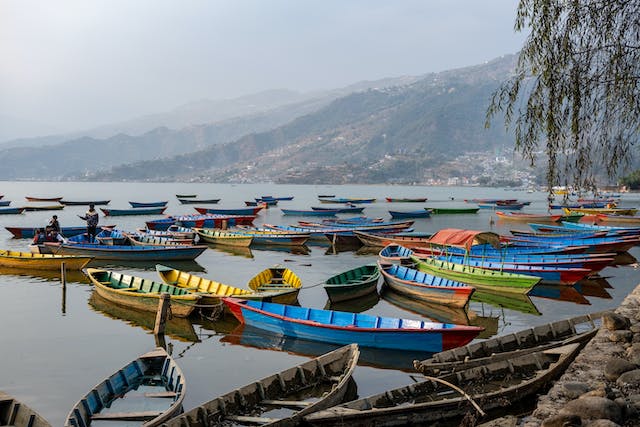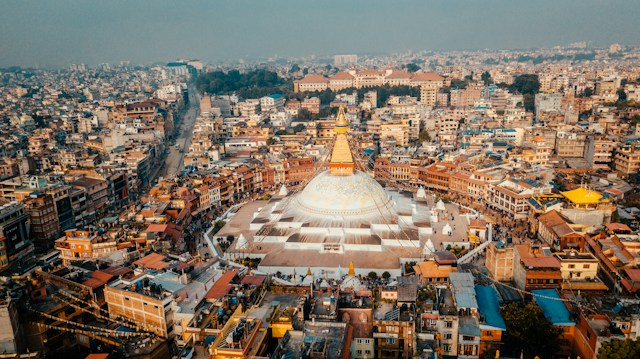Nepal, enriched and wounded with many majestic mountains, is a great place for anyone looking for a real wildlife experience. Nepal has many remarkably charming valleys. Here, I will share 15 valleys, particularly for trekkers, that's a breathtaking experience. Various wildlife, birds, and rarer animals from all over the world are witnessed. Let's find brief information about the paradises of these trekkers you won't find on this planet anywhere else.
1) Barun Valley:
Barun Valley is a valley in the Himalayas at the base of Mount Makalu in Nepal's Sankhuwasabha. The Valley lies completely within the National Park of Makalu Barun. The Barun Valley provides magnificent contrasts, with high waterfalls flowing into deep gorges, rocky cliffs rising from lush green forests, and colorful flowers flowering below white peaks of snow. This unique landscape is home to some of the world's last pristine mountain ecosystems. Rare animal and plant species are flourishing relatively uninterrupted by humanity in diverse climates and habitats.
2) Chitwan Valley:
The Chitwan Valley, which covers the districts of Makwanpur and Chitwan and Nawalpur, is an Inner Terai valley in the south of Nepal. The Terai Dar valley is part of a 150 km (93 mi) length and 30–48 km (19–30 meg) wide Terai-Duar savanna and grassland ecology. The main cities in the westernmost part of the Valley are Hetauda and Ratnanagar, in the central part are Narayangarh and Bharatpur. It runs from the eastern Mahabharat Range into a Valley near Hetauda, where it turns west and flows along the Valley Axis. The Chitwan Valley is drained by the Rapti River East. The Rapti meets the eastern border of Chitwan National Park about 20 km (12 mi) west of Hetauda. It forms a natural border on its right and the protected areas on its left between human settlements on the next 70 km (43 mi). The Narayani River, a tributary of the Ganges named Gandaki River in India, joins the west of Meghauli.
3) Kathmandu Valley:
The valley of Kathmandu historically referred to as Nepal valley or the valley of Nepa, is located at the junction between old civilizations of the Indian subcontinent and the broader Asian mainland and has at least 130. The valley contains seven World Heritage Sites. The valley and adjacent areas have historically formed the Nepalese Mandala confederation. Bhaktapur was its capital until the 15th century when two other capitals were founded, Kathmandu and Lalitpur (Patan). The most popular and developed area in Nepal is the Kathmandu Valley. The majority of offices and offices are in the valley and become Nepal's economic hub. Its unique architecture and rich culture, including Nepal's highest number of Jatra (street festivals), is popular among tourists. British historians called the valley itself "Nepal Proper."
4) Langtang Valley:
Langtang is a region of the Bagmati province of Nepal, North Central Himalayas. The Langtang National Park which eventually marked the border with the autonomous Tibetan Region of China is located 51 miles to the north of the Kathmandu Valley. About 4,500 people live in the park (majority of Tamang), many more depend on the park for wood and firewood. The park comprises a large number of climate zones, from subtropical to alpine. Roughly 25% is forested in the park. Trees are leafy oak and maple, pine evergreens, and rhododendron of various types. The Himalayan black bear, goat-similar to Himalayan tahr, Asam Macaque, and red pandas are part of animal life. There are also Yeti sightings stories. The park contains the Hindu's sacred Gosainkunda lakes. In August there will be pilgrimages. The Buddhist monastery KyanjinGompa is another spiritual site. Trekking, climbing, and white water rafting are popular activities for tourists in the park.
5) Pokhara Valley:
The second-largest valley in Nepal's hilly region is Pokhara Valley. It is located on the west side of Nepal. In the valley are the villages of Pokhara and Lekhnath. It is 203 kilometers (126 mi) west of the valley of Kathmandu in the Gandaki region. Pokhara, which has the potential to make clay soil and liquefaction, is one of the major towns of Nepal, and like the Kathmandu valley, it is extremely sensitive to earthquakes. Pokhara is one of Nepal's most popular resorts. Many tourists come to see the Himalayan range and lakes in Pokhara Valley. Pokhara's also well-known for boating, hiking, rafting, and rafting, and extreme rafting. According to the Tourism Board of Nepal, 203,527 international visitors came to Pokhara in 2009, 509,956 in Nepal in the same year, with increasing numbers each year.
6) Inner valleys of Terai:
The Terai Valleys in Nepal, in the southern part of Terai, comprise many elongated valleys of the River Terai. The valleys of Nepal (Nepali: reserve). The Himalayan foothills surround these tropical valleys, the Mahabharat Range, and the further south the Sivalik Hills. The Inner Terai is known in the Nepalese language as "bhitriterai." The valleys of Inner Terai are part of the savannah ecosystem of Terai-Duar. The coarse to fine alluvial sediments are filled with them. Some of the greatest inland terai valleys are the Chitwan Valley, the Dang Valley, and the Deukhuri Valley. Until the late 1950s, malaria was common in this region. The area was transformed from virgin forest, grassland to farmland since it was eradicated, into a viable destination of large-scale migration by the hills.
7) Namche Valley:
Namche Bazar is a city in KhumbuPasanglhamu Municipality in Solukhumbu, N.1 Province of Northeast Nepal (formally the Namche Village Development Committee), Solukhumbub District. It is situated in the area of Khumbu, on the slope of a hill on the sides of a hill, at a height of 3,440 meters. Most Sherpas from the Namche area are involved in the tourism business. Namche has many Nepalese officials, a check-out, a postal service, a bank, and even beauty salons, as the main trading and hub for the region of Khumbu.
